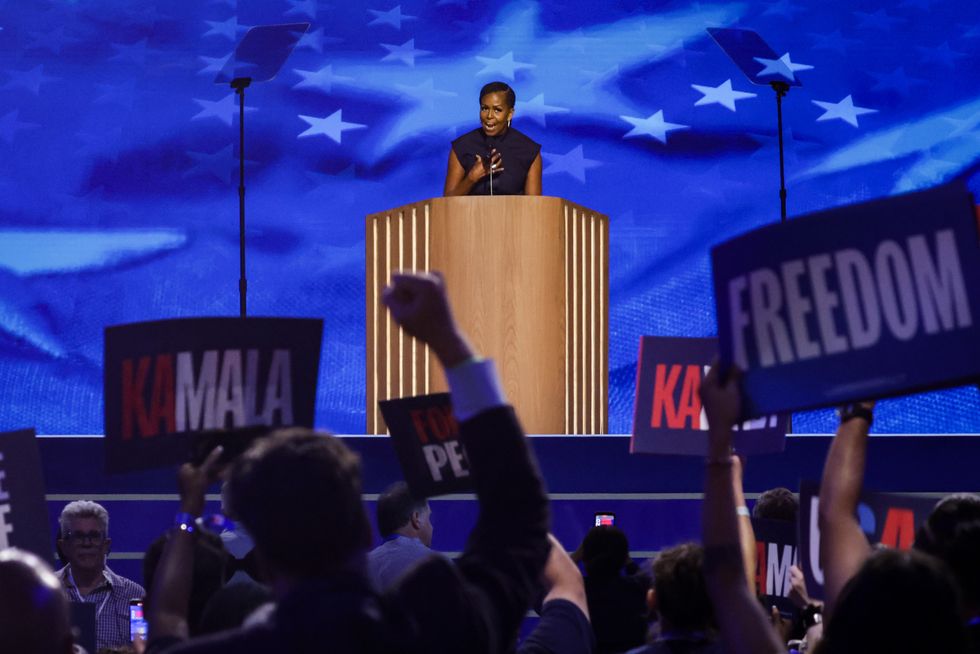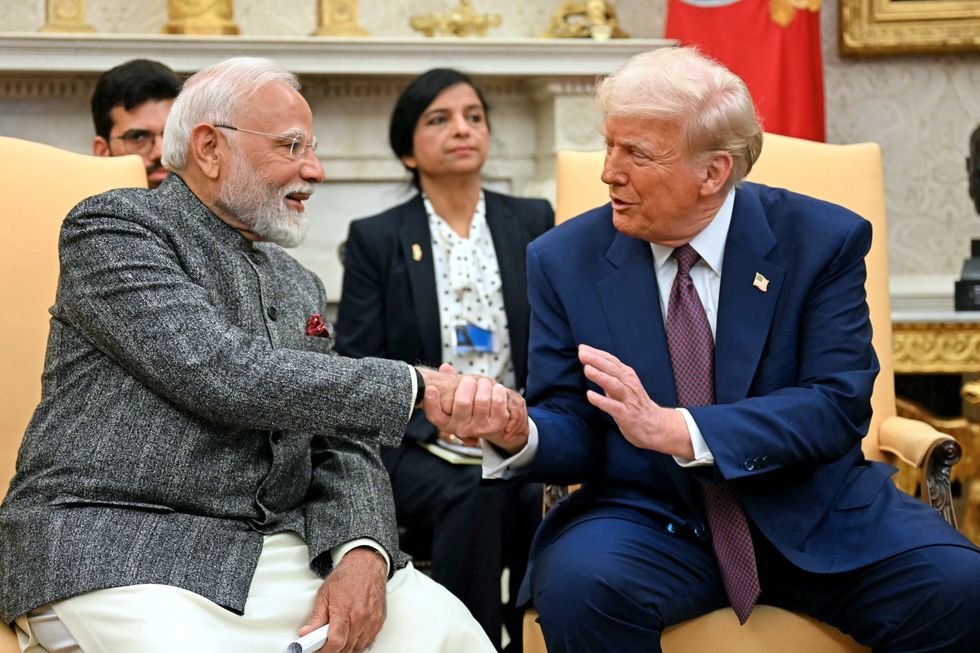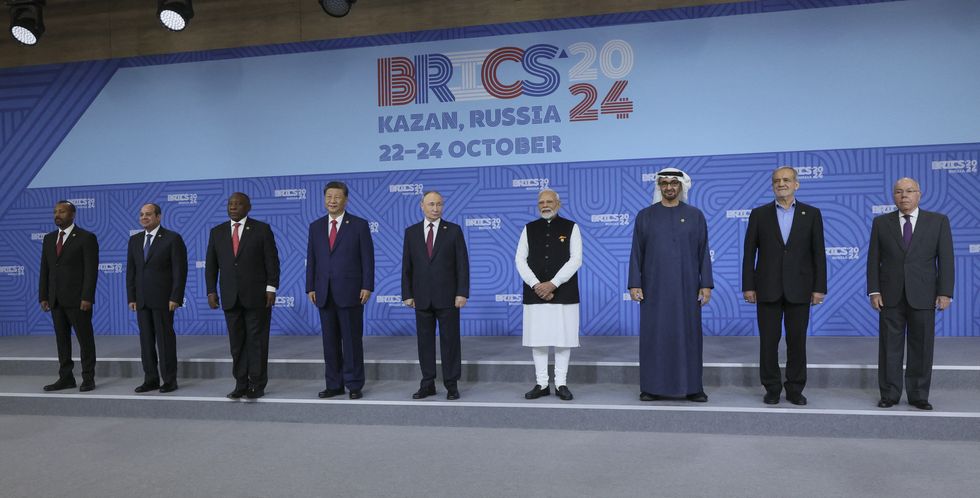A newly published political book has revealed fresh details about former President Barack Obama's complicated relationship with the Democratic Party, portraying him as a figure who weakened the party’s infrastructure during and after his time in office.
The book, Fight: Inside the Wildest Battle for the White House, authored by political journalists Jonathan Allen and Amie Parnes, claims that Obama was never a strong loyalist to the Democratic Party. According to the authors, rather than relying on the traditional Democratic Party structure, Obama built his political base by fostering a network of Black professionals to support his campaigns, differentiating him from figures such as former President Bill Clinton, former Secretary of State Hillary Clinton, and current President Joe Biden.
One of the major points highlighted in the book is the creation of Organizing for Action, a nonprofit organisation founded in 2012 following Obama's re-election. Designed to promote his legislative agenda, Organizing for Action is said to have inadvertently weakened the Democratic Party by competing with it for both influence and fundraising. "Though Organizing for Action never realised his vision, it competed with the party for power and money," the book states. "He left the Democratic Party far weaker than he found it. Or, as one Black party operative put it, 'Obama destroyed that s---.'"
Following Obama's departure from the White House in 2016, prominent Democratic figures, including the Clintons, Joe Biden, and former Democratic National Committee (DNC) Chair Donna Brazile, reportedly sought to rebuild the party's infrastructure. According to Allen and Parnes, this rebuilding effort focused on ensuring that party loyalists, rather than far-left progressives, would maintain control at the national and state levels. "By helping install party loyalists at the national and state committees over years, these establishment Democrats kept progressive outsiders at bay," the book notes. One Black Biden ally is quoted as crediting Bill and Hillary Clinton for leading this effort.
Fight also explores Obama's cautious stance towards the 2024 presidential election, in which Kamala Harris ultimately became the Democratic nominee. According to the book, Obama was initially hesitant to endorse Harris, questioning her ability to defeat Donald Trump, who was seeking re-election. Obama’s delay in endorsing Harris, which took place five days after President Biden announced he would not seek a second term, reportedly caused some tension between the former president and Harris, requiring "mending," according to a source close to Obama.

Despite earlier hesitations, former First Lady Michelle Obama made a public show of support for Harris at the 2024 Democratic National Convention. "Kamala Harris is more than ready for this moment," Michelle Obama said. "She is one of the most qualified people ever to seek the office of the presidency, and she is one of the most dignified — a tribute to her mother, to my mother, and probably to your mother, too, the embodiment of the stories we tell ourselves about this country."
Nevertheless, the book and subsequent analysis suggest that Barack Obama’s influence over the Democratic Party may be on the decline. Political strategists have pointed out that the former president appears increasingly out of touch with the electorate, particularly after Donald Trump's second successful bid for the White House in 2024.
Political commentator Ben Burgess echoed this sentiment in an op-ed for MSNBC, arguing that Obama's 2024 speech at the Obama Democracy Forum demonstrated a fundamental misunderstanding of the reasons behind Trump's continued political success. While praising Obama’s communication skills, Burgess noted that "there was a massive gaping hole at the centre of his speech," adding, "He still doesn’t understand why his eight years in power culminated in the rise of Trump."
Fight bases its findings on interviews with more than 150 political insiders and provides an inside look at the 2024 election campaign, including the Democratic Party's internal struggles, the Republican Party's strategy under Trump, and the broader political landscape of the time.
The book also highlights the fractures that have emerged within the Democratic Party over the past decade, with tensions between establishment figures and progressive newcomers intensifying. The rebuilding efforts led by the Clintons and Biden sought to maintain traditional party values and prevent a progressive takeover, but the challenges from the left have remained a persistent issue for party leadership.
At the time of writing, Obama’s press office has not responded to requests for comment regarding the claims made in Fight. Meanwhile, Organizing for Action, which once aimed to transform civic engagement, has seen its influence wane significantly since its founding.
Fight: Inside the Wildest Battle for the White House offers a detailed narrative of how Barack Obama’s political legacy continues to shape and complicate the Democratic Party’s efforts to redefine itself in a changing American political climate.




















 Narendra Modi and Donald Trump
Narendra Modi and Donald Trump The leaders of member and partner countries at the BRICS summit in Kazan, October 2024
The leaders of member and partner countries at the BRICS summit in Kazan, October 2024